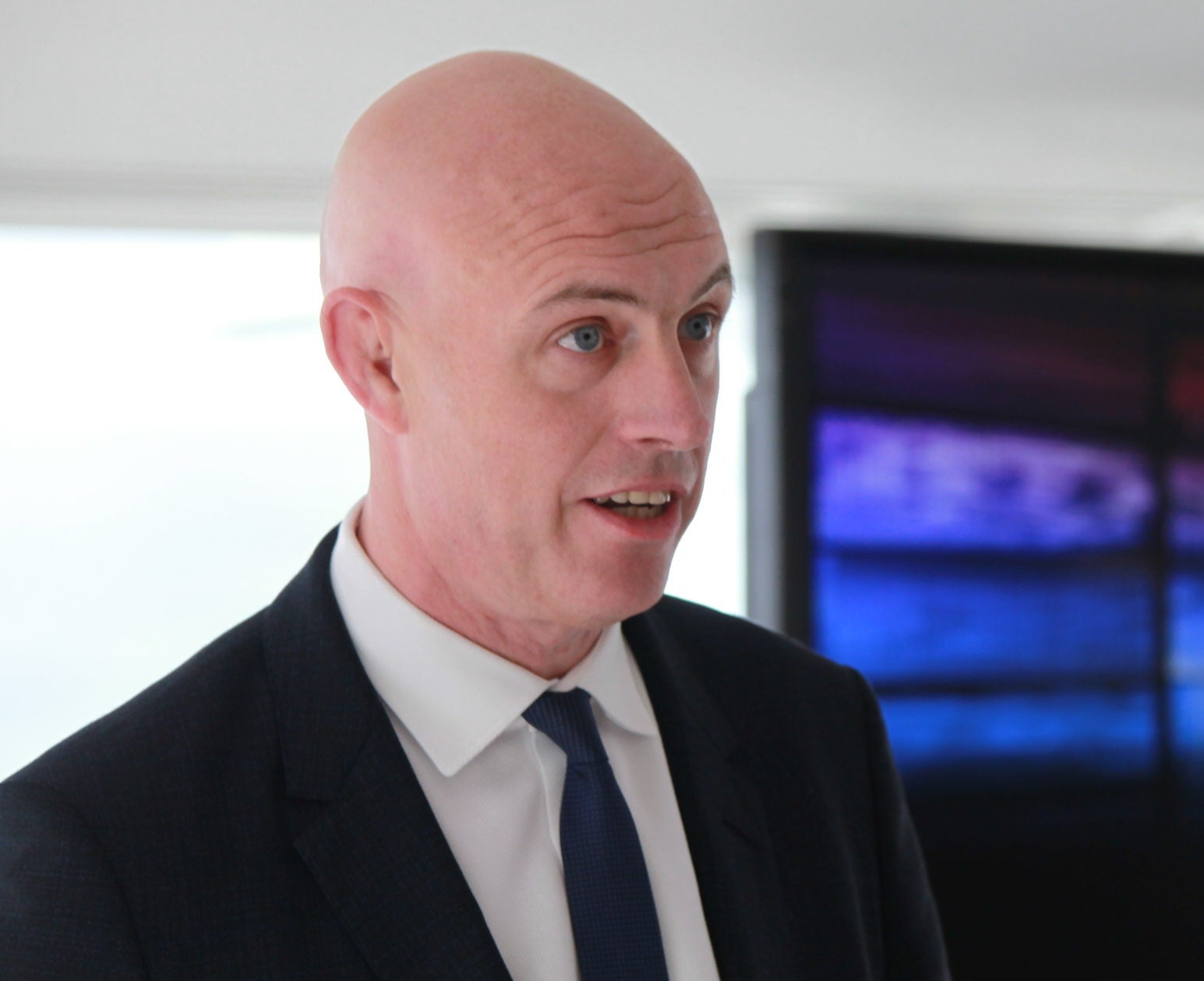
News UK chief David Dinsmore launched an attack on the BBC for “directly challenging core tabloid journalism” as he opened Press Gazette’s Digital Journalism Summit this morning.
Dinsmore, chief operating officer at the Sun and Times owner, claimed the BBC’s editorial remit has “strayed a long way from what makes it onto the ten o’clock news”.
He said the BBC was really the “British Publishing Corporation – because broadcasting only seems to be one of the any things it does these days”.
The News Media Association chairman and former Sun editor said the BBC must reconsider how it measures its success because “popularity isn’t the right bar”.
He questioned whether writing 250 words “off the back of a tweet by Piers Morgan” was something the BBC should be doing, and criticised it for “chasing clicks by publishing populist content” about Love Island and, more recently, the so-called Strictly snog.
“The BBC has become Britain’s largest publisher and it competes directly with all of the news publishing industry,” he said.
“They are chasing online traffic by publishing popular news content which bares no resemblance to the BBC’s charter commitments and they are challenging subscription websites by offering commentary, analysis and long-form journalism.
“Vitally, by offering all of this for free, they are reducing the leverage of commercial publishers to challenge the platforms to offer a fair value for our content.”
Dinsmore said the “only purpose” of the BBC producing a high volume of online text articles could be to take traffic away from commercial news organisations.
“To be clear, I am not criticising the BBC for the provision of high-quality, impartial news online,” he said.
“I am challenging whether it should now be for BBC News online to tell me if I should take up Tai Chi or Zumba and whether I may need to take a break from Netflix.”
Dinsmore added that, if commercial publishers had the same vast resources, the ability to publish everything for free, and the SEO strength to always rise to the top of Google, there would be a level playing field.
“But we don’t,” he said. “We have to make our journalism pay.”
Dinsmore urged the BBC to return to its “core public purpose of serving impartial news and content that is not well-served by the commercial sector”.
He added that closer attention should be paid to the BBC’s output and how licence fee money is being spent.
“The platforms – Google and Facebook – remain our greatest challenge, and they remain the focus of our efforts to be rewarded fairly for our content.
“But here in the UK, the BBC cannot be allowed to expand the remit and encroach on territory where it is detrimental to the commercial sector.”
Dinsmore said the Carincross Review into the sustainability of high-quality journalism in the digital age, which is expected to publish its findings in the New Year, was a “once in a lifetime opportunity to level the playing field between the news content creators and those who take all the revenue without taking any of the risk of making any investment”.
He added it is “not all doom and gloom” in the industry and that he expects “significant progress” within the next 12 months.
“After most of the last decade on the backfoot, the news industry is off the canvas and fighting again.”
Press Gazette’s Digital Journalism Summit is held in association with News UK.
Picture: Press Gazette
Email pged@pressgazette.co.uk to point out mistakes, provide story tips or send in a letter for publication on our "Letters Page" blog
